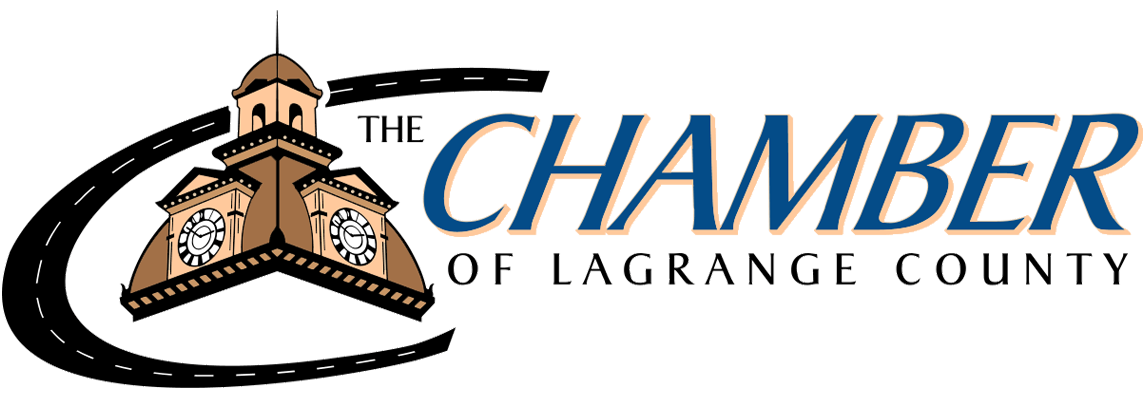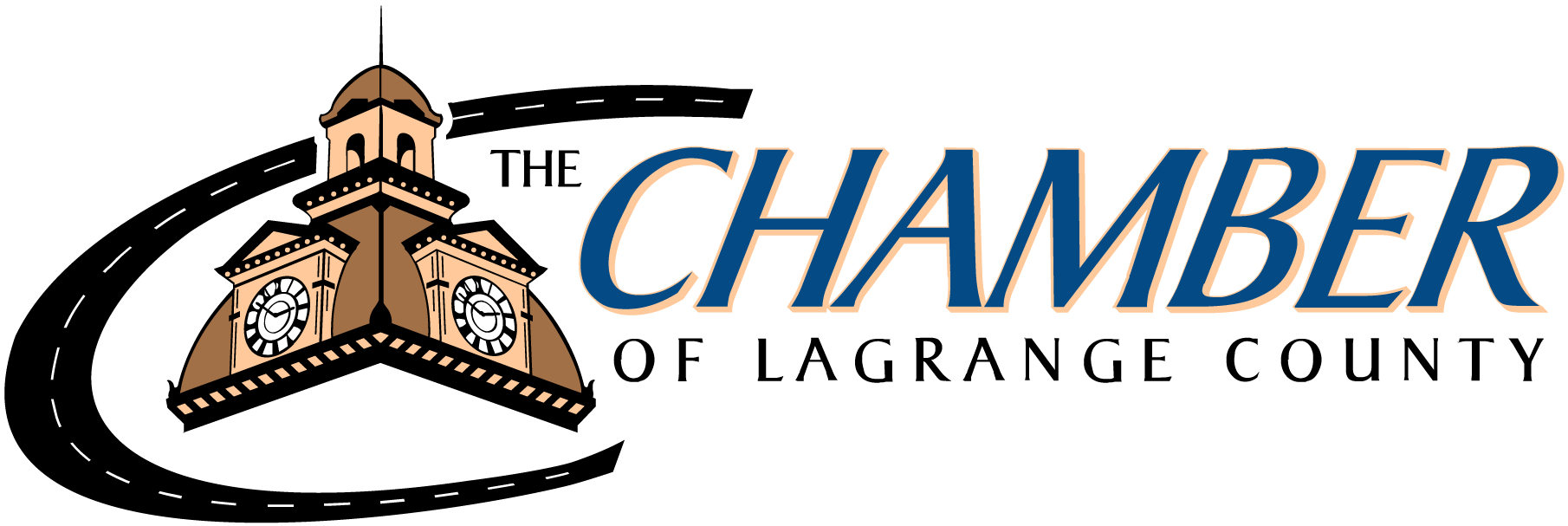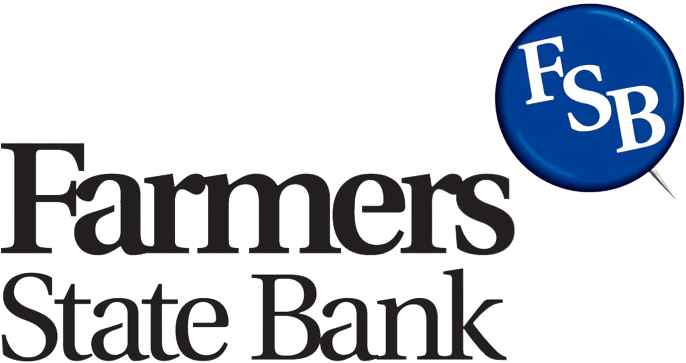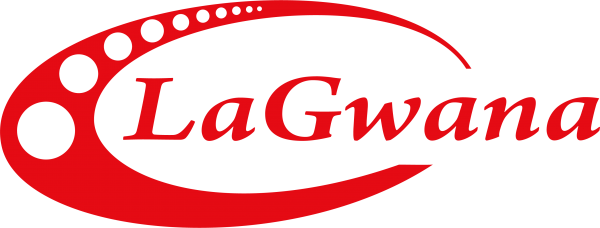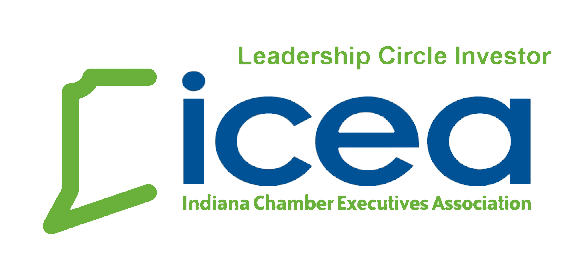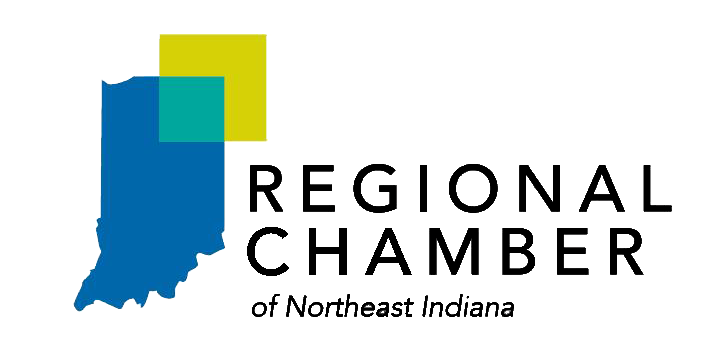Indiana Legislative Report - March 7
A READI Alternative in the Works?
Absent some miraculous revision in the state’s revenue forecast, there will not be another $500 million appropriation for the Regional Economic Acceleration and Development Initiative (READI) program. Even if there was newfound cash, the general consensus is that another round of READI would be premature given the amount of READI 1.0 and 2.0 funds that remain unspent.
That said, some regions are further along in the execution of their strategic regional growth plans and need creative ways to ensure the economic flywheel continues to spin.
The Indiana Chamber was part of a stakeholder group that met with legislative and administration leadership this week to float a concept that may provide such a solution. The simplest way to conceptualize the proposal is as a regional TIF, in which the region uses projected increases in tax revenue to leverage bond financing for infrastructure and construction necessary to drive economic growth. The tax increments that could be collected include commercial and business personal property, as well as state income and sales taxes.
Some READI regions already have bonding authority but others, like the Northwest Indiana (NWI) Forum, do not because they are organized as a nonprofit rather than a statutory regional development authority. As such, the proposal would allow the NWI Forum, and others like it, to establish a regionwide finance authority that could issue bonds. As drafted, the proposal has an overwhelming amount of safeguards and requires buy-in from state and local officials before it can be implemented.
Lawmakers have long cautioned regions that they should not expect continual funding from the state to support regional economic development projects and have pleaded with regions to find funding alternatives. Feedback from the meetings this week was positive, and legislative leaders were encouraged with the plan because it burdens regions to put more proverbial skin in the game when it comes to financing their economic growth strategies.
Whether the proposal is incorporated into legislation this year remains uncertain. But, if our discussions this week are any indication, we are certain that if a regional economic growth measure is passed this year, then this is the most likely vehicle.
It is also important to note that nearly every READI recipient has signed a letter supporting the measure as well; a signal that, if passed, the proposal has a realistic chance of gaining local support for implementation.
Education, Workforce Discussions Advance
HB 1002, HB 1102 and SB 365 / Chamber Supports
As the second half of the legislative session launched this week, House and Senate education groups held initial hearings on several of the year's less controversial measures.
In the House Education Committee, the Chamber provided testimony in support of Senate Bill 365, authored by Sen. Jeff Raatz (R-Richmond). The bill will require data collection and development of a return on investment report on various workforce training and education programs.
The bill also reorganizes the state’s career navigation coaching program and fund to operate through the Department of Education. This program provides very important services for high school students to learn about career options and develop postsecondary strategies for education, career and prosperity.
Over in the Senate Education and Career Development Committee, the Chamber testified in support of a priority, House Bill 1002, authored by Rep. Robert Behning (R-Indianapolis), which is the first piece of a multi-year clean-up of state statutes and deregulation effort for K-12 schools.
The Chamber also publicly backed House Bill 1102, authored by Rep. Matt Commons (R-Williamsport), that removes a statutory prohibition on local schools contracting with religiously affiliated pre-school program providers, so long as they are federally approved programs. This is a modest move to give local schools more options and to try and build more provider capacity to meet serious needs for preschool programs.
